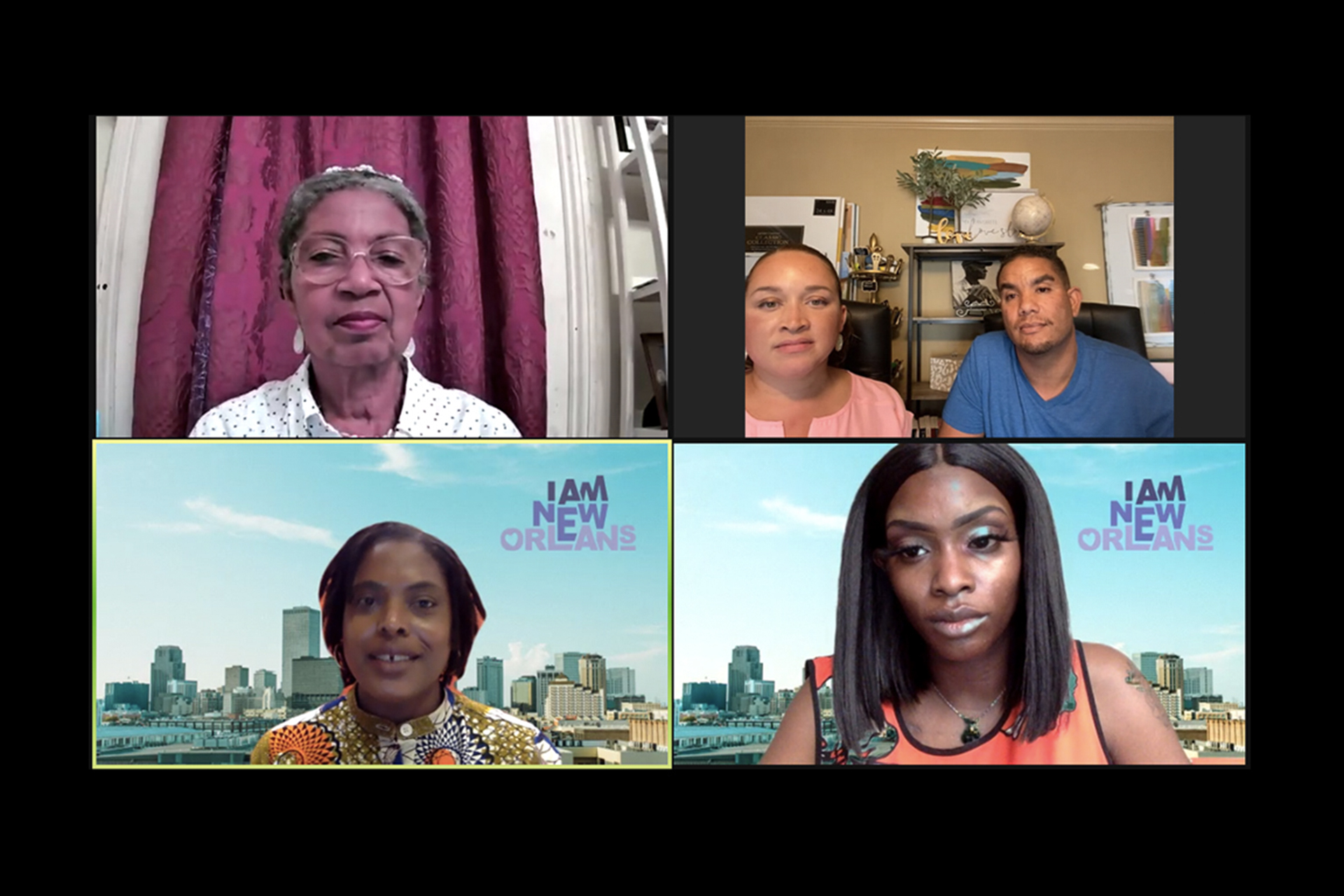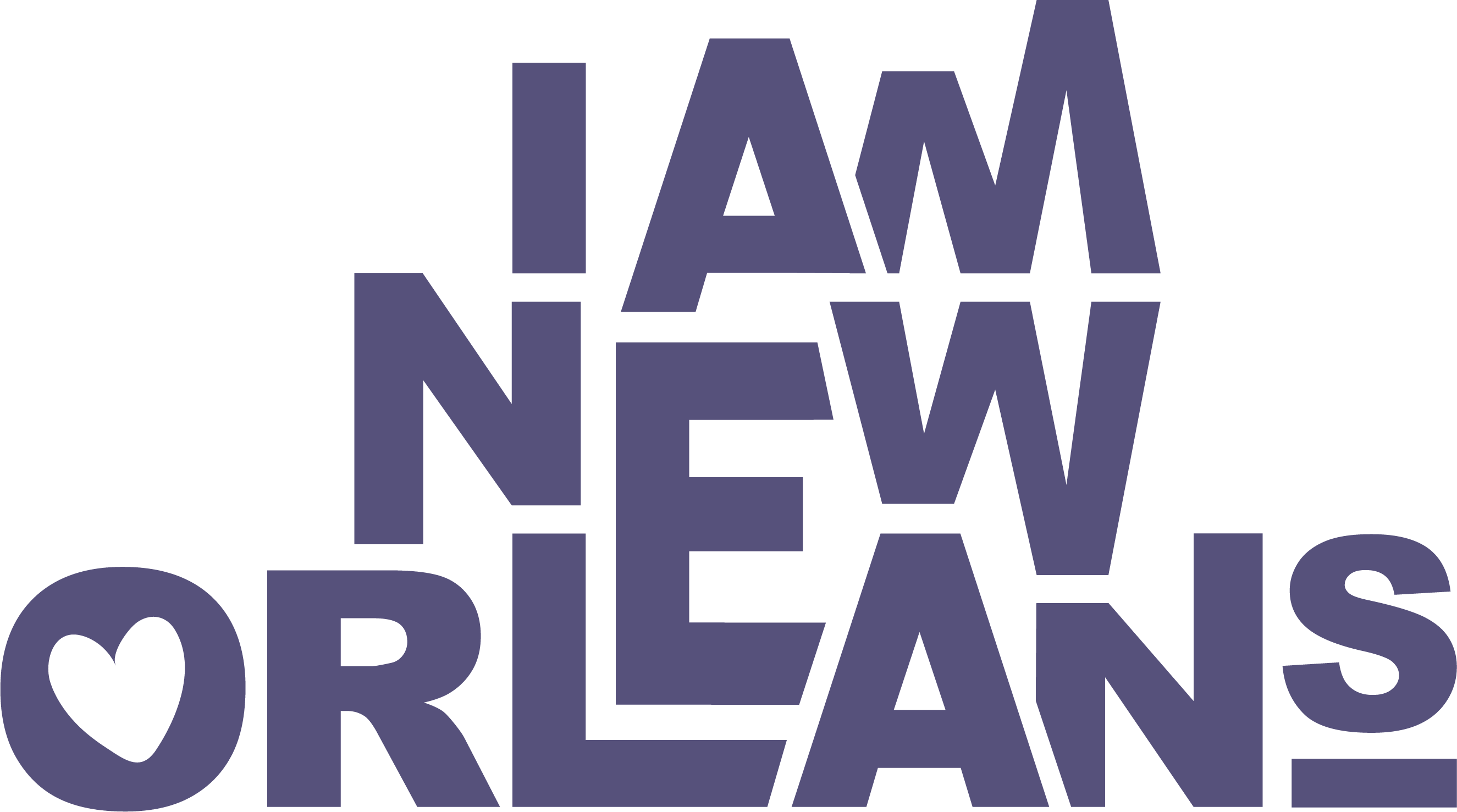Food Fuels Generations
“Addressing food access is trying to address wealth disparity. People cannot afford to eat food if they don’t have income. What perpetuates these inequities is poor policy. When you think about civil rights, readjust your mind to think of them as human rights laws.”
Angie Provost, Provost Farm Tweet
New Orleans is known for its rich tapestry of cultural cuisines, from gumbo and jambalaya to crawfish and red beans and rice. And as delicious as the food is, it’s nothing compared to the community that created it.
“The most beautiful stories about New Orleans food are the people who make it happen,” said Devon Turner, executive director of Grow Dat Youth Farm in New Orleans.
But not everyone’s stories in the food space are created equally. Inequities in the food system create barriers for people of color, making it difficult for farmers to access capital to buy or cultivate land, and others from participating in industries that process and distribute food. All of this impedes the people of New Orleans from accessing culturally relevant food.
“Depending on what neighborhood I’m in, it depends on (my) access to bring food home,” said Jonshell Johnson of Grow Dat Youth Farm. “You learn what stores carry what. For me, a community is a knowledge piece of how to eat.”
Johnson joined a virtual conversation called Food Fuels Generations, part of the I Am New Orleans community-led conversation series focused on issues of racial equity. Panelists shared how their earliest memories of food – from eating peaches off the tree in their yard to farming sugarcane with their family – are connected to their loved ones, communities and culture.
“Sugarcane is my family’s legacy,” said June Provost of Provost Farm, “We took vacations by selling sweet corn by the road. Even this year we’re growing five acres of corn to give away to food banks.” But those memories are soured by stories of unfair lending practices and attempts to take the land from farmers of color. “Food is something that brings us so much joy, but it also can be a source of trauma,” said Turner, who moderated the conversation. Panelists said policies are creating the inequities in the food system, including accessing capital to grow, distribute and sell food.
“We’re talking about a system that’s been disrupted by cultural appropriation,” said Angie Provost of Provost Farm. “Addressing food access is trying to address wealth disparity. People cannot afford to eat food if they don’t have income. What perpetuates these inequities is poor policy. When you think about civil rights, readjust your mind to think of them as human rights laws.”

Full panel discussion
Jeanette Bell said she founded Garden on Mars to bring back opportunities for people to grow their own food. “It started with the idea we could recreate the wonderful taste of fresh foods if we have them on the property where a person lives,” she said.
Bell offered solutions like turning vacant lots into neighborhood gardens that can feed the community or better policies to support locally grown wares. But real change, she and panelists said, comes down to respecting those in need.
“Let’s be clear what COVID has shown us,” Bell said. “COVID has shown us the disparity of treatment of people in this society. Let’s not sweep it under the rug.”

